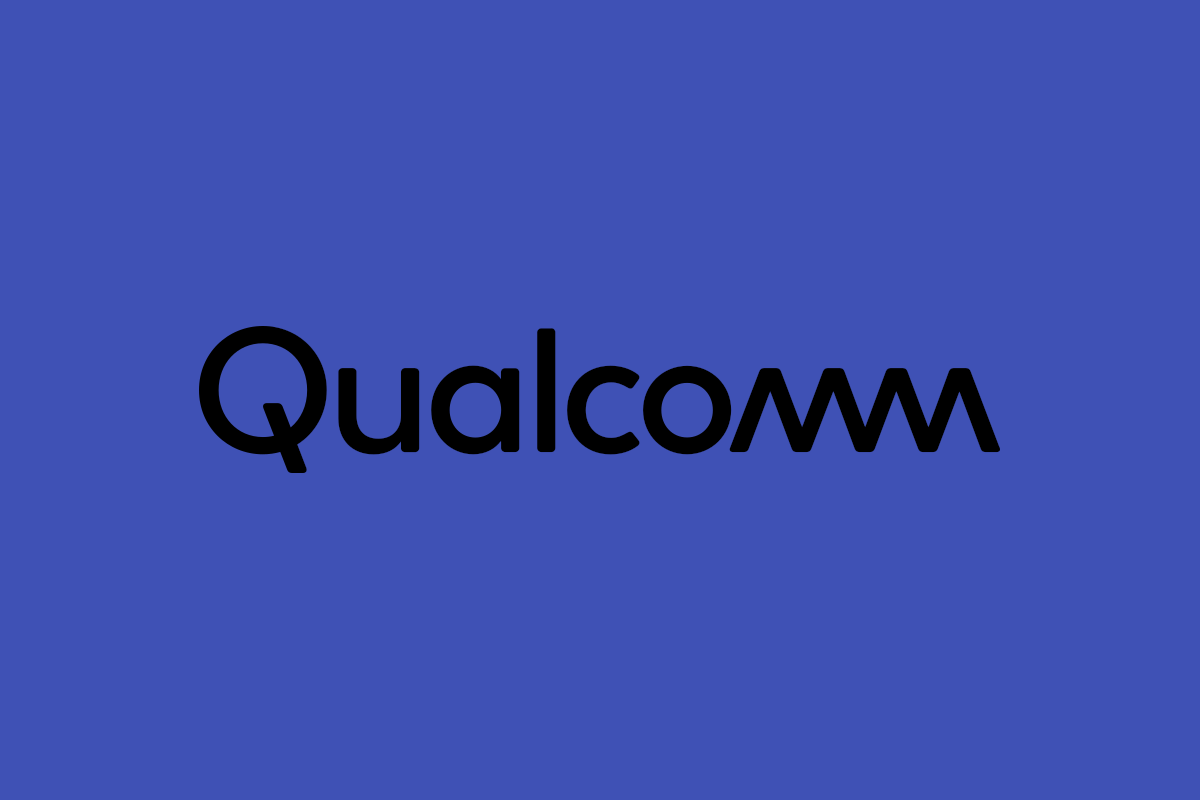The Federal Trade Commission (FTC), the U.S. federal agency tasked with enforcing antitrust law, has announced it is dropping a years-long antitrust lawsuit case against chip design firm Qualcomm. The lawsuit accused Qualcomm of maintaining a monopoly over smartphone modems.
Last year, a federal appeals court reversed a lower court’s ruling that Qualcomm stop bundling its patent licenses with its chip sales. This came after a 2019 ruling when a U.S. judge ruled in favor of the FTC, forcing the company to stop bundling patent licensing deals with its hardware. Now, the FTC has said that it will not petition the U.S. Supreme Court to review the decision of the Court of Appeals for the Ninth Circuit in FTC v. Qualcomm, allowing the federal appeals court's decision to stand and effectively ending the lawsuit in favor of Qualcomm.
“The FTC’s staff did an exceptional job presenting the case, and I continue to believe that the district court’s conclusion that Qualcomm violated the antitrust laws was entirely correct and that the court of appeals erred in concluding otherwise,” said a statement by FTC Acting Chairwoman Rebecca Kelly Slaughter.
The FTC originally brought its lawsuit against Qualcomm in January 2017. Since then, the lawsuit has gone through multiple courts and has been decided upon multiple times. At one point, it was ruled that Qualcomm had to license standard essential patents to competitors.
“Now more than ever, the FTC and other law enforcement agencies need to boldly enforce the antitrust laws to guard against abusive behavior by dominant firms, including in high-technology markets and those that involve intellectual property,” Slaughter said. “I am particularly concerned about the potential for anticompetitive or unfair behavior in the context of standard setting and the FTC will closely monitor conduct in this arena.”
While Qualcomm makes the majority of its revenue from selling chips under its Qualcomm Technologies division, the company brings in substantial profit from licensing patents related to smartphones under its Qualcomm Technology Licensing division. The FTC claimed Qualcomm was taking advantage of its dominant position by charging exorbitant licensing fees. But with the FTC finally backing off, it will be mostly business as usual, so long as the company charges fees that are deemed “reasonable.”

